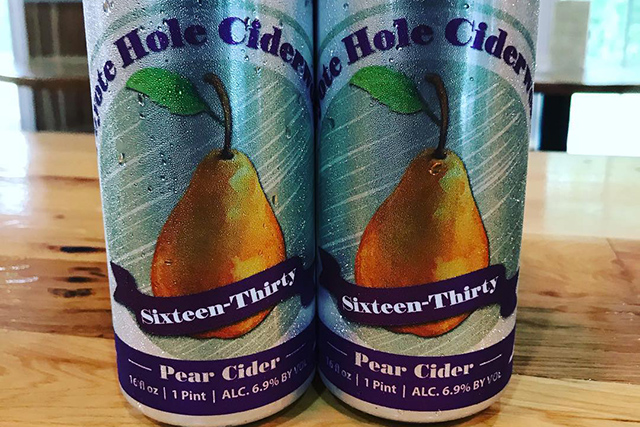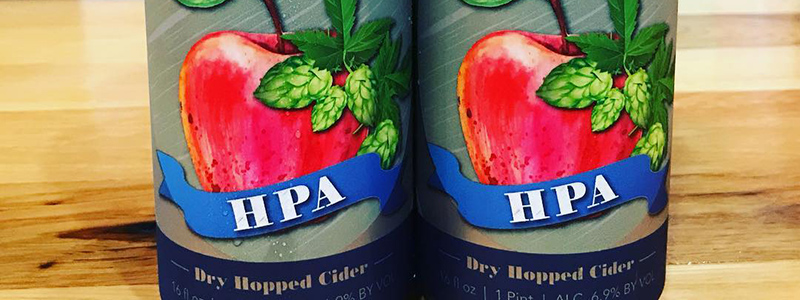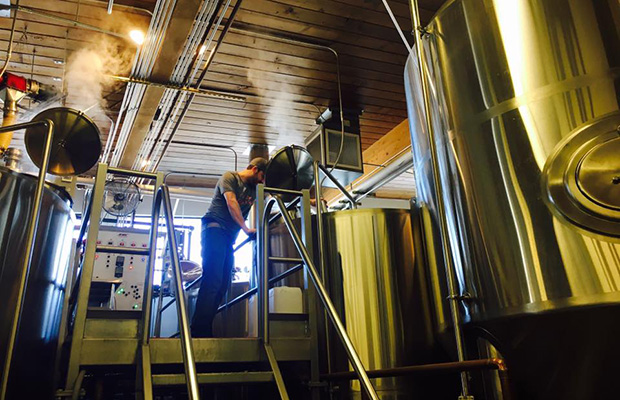
A cidery can start planning their portfolio calendar for seasonal ciders well in advance of when they are produced, sometimes up to a year or even more in advance.
Chris Denkers of Coyote Hole said freshness is a factor and planning is key to make sure that they can get the type of apples or fruit in the quantity they need and when we need they them.
”We usually decided the different new and previously made ciders about a year in advance to fit into our schedule for events as we usually release our seasonal ciders with specific events placed around them,” he said.
Since all of their ciders are produced with fresh fruit, they choose what type of seasonals they produce based on the fruit that is available.
”In Virginia, we have great local farms throughout the state that produce amazing fruit which gives us a multitude of options to pick from,” Denkers said. ”We usually like to pick two types of fruit to back sweeten our ciders with instead of just one to create a unique seasonal that pairs well with our hard cider base such as our Strawberry Pear, Strawberry Lemon, Blackberry Pear, etc.”
They do have some single-fruit seasonals such as a peach, pumpkin or cherry.
”If we have an idea about a type of seasonal cider we would like to produce, we usually start off R&D the year prior to a full production schedule,” he explained. ”We get small amounts of the seasonal fruit and make several different types of cider from them using different apple bases, different yeast and sugar contents to make sure what we put into production is the best cider we can.”
They choose to make a wide variety of seasonal ciders and what needs to happen in their eyes to become a year-round cider or one that they continue to make year after year is it’s popularity.
”If it doesn’t sell, we tweak the recipe or replace it with a new seasonal next year,” Denkers said. ”If it sells great and we get a great response from our patrons, we look into the feasibility of either being able to make larger batches to last longer the following year or if we can start putting it into production year round.”
As the Virginia cidery continues to grow their tasting room — and most importantly, distribution — planning and logistics is key. Coyote Hole outsource some of their production tasks like filtering and canning to local businesses and as the productions grows and becomes more and more frequent, laying out a plan and making a schedule with all of their suppliers is key.
”Missing one key date can throw off your production schedule for one batch or even your entire production schedule all together,” Denkers noted.






Be the first to comment